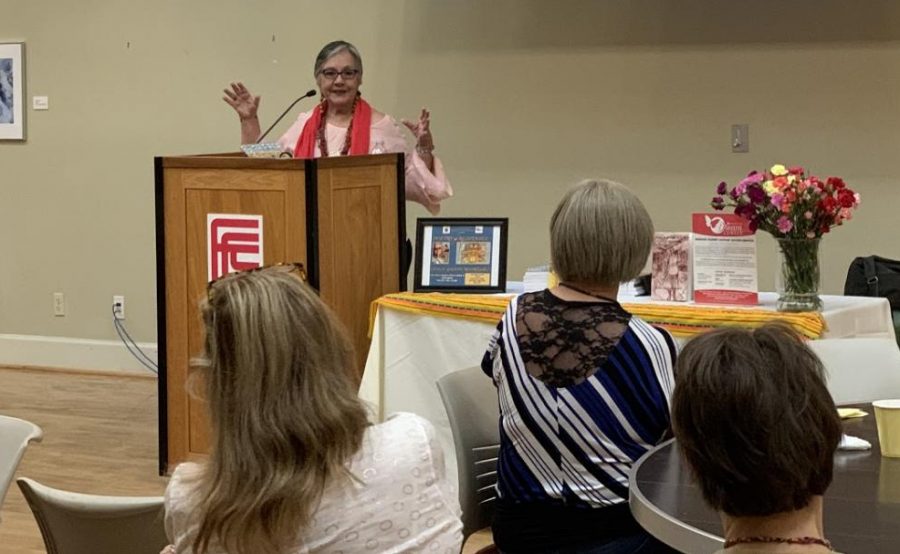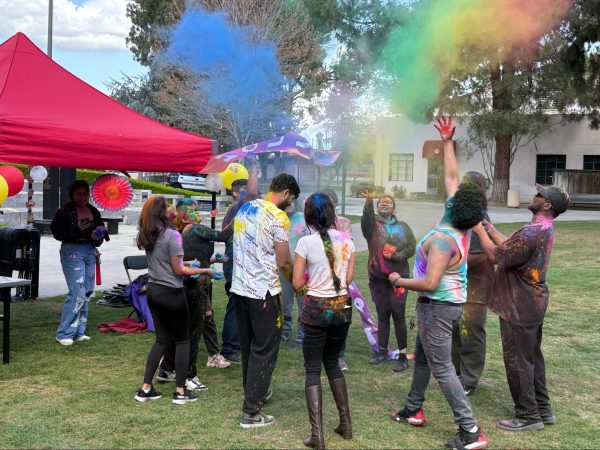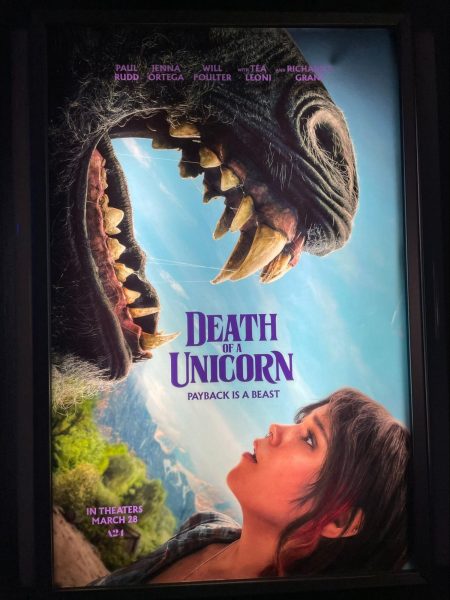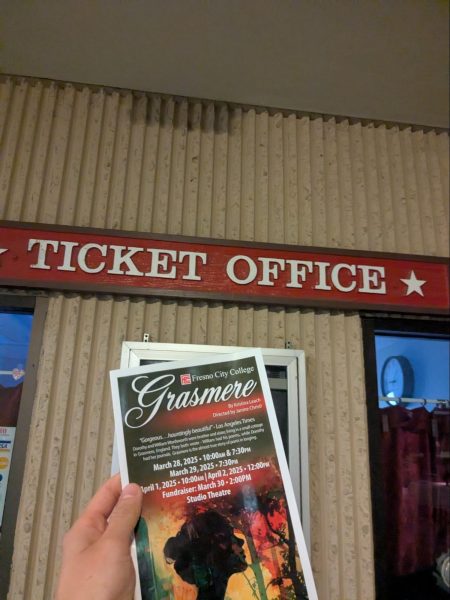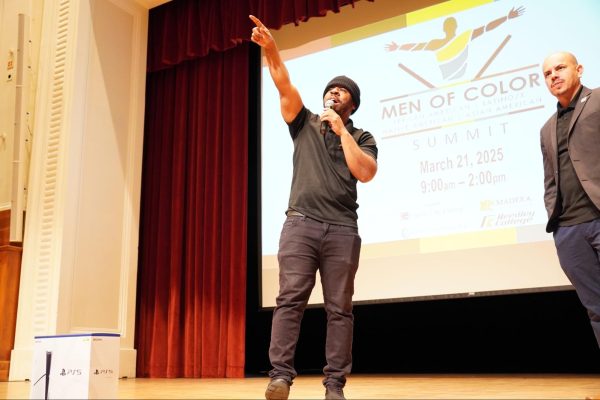‘The Nature of Things,’ Odilia Rodríguez’s Poetry of Resistance
On Sept. 14 Odilia Galván Rodríguez came to Fresno City College and gave a keynote about her poems, sharing the importance of literary work to spark a conversation about current world issues.
Rodríguez is not only a poet. She is an editor, educator, writer and activist. As an activist she has worked for the United Farm Workers of America, has served on numerous boards and commissions, and is currently active in womens’ organizations. She is known for her work with activists from all backgrounds to support social justice.
She has over six volumes of poetry, her latest, “The Nature of Things,” is a collaboration with Texas photographer Richard Loya.
She edited the award-winning anthology, “Poetry of Resistance: Voices for Social Justice.” In this book there is a collection of poems that were written by various poets as a response to the proposal of SB 1070.
The SB 1070 also known as the support our law enforcement and safe enforcement and safe neighborhood act, is a law that was passed by the Arizona state legislature in 2010 that requires law enforcement officers to verify the immigration status of all individuals who were arrested or detained.
Rodriguez writes about the struggles of immigrant workers and how they are the most important people here in the Valley because they help agriculture thrive.
“People who have put their hands on this earth and have made it grow [and] have taken food to this country and still to this day have problems with how they are treated,” Rodriguez says.
She says her mom was a migrant farm worker and says that people like her mom worked a hard life to provide basic necessities for her. She says immigrants are given a hard time when all they have done is bring food to the table and have allowed the Valley to flourish because of their hard work and as a result are treated poorly and are labeled as bad people.
“In this country women and people of color, our voices have not been as promoted as heard because [of] the trajectory of racism in this country,” says Rodriguez.
She says people of color are swept under the rug and underestimated. And not just artists but immigrants, indigenous people, and other minorities are the ones who are oppressed. She says most of these minorities are afraid to speak out or even reach out for help because they fear they will get into unwanted trouble.
Fresno’s Poet Laureate, Marisol Baca, recited poetry before Odilia about the problems indigenous women face.
“It speaks to who you are as a writer and as an activist,” Baca says. “It’s always a constant reminder and shared responsibility to watch what’s happening in this world [and] to try and bring about some kind of understanding in the wake of a lot of devastation and difficulties.”
She said that some reservations report women are murdered at more than 10 times the national average. A congressional study found that between 1979 and 1992, homicide was the third leading cause of death among Native American women ages from 15 to 34.
Rodriguez said that someone asked her in an interview how long her book would remain relevant.
“Until racism doesn’t exist in this country,” she said, “this book will be an important book to read.”

